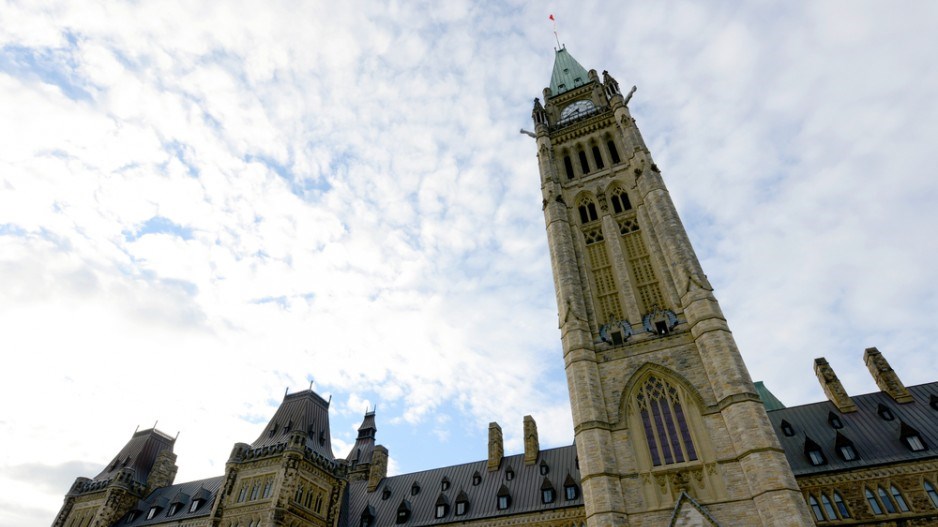The federal government is banking on big investments in clean technology (cleantech) and electric vehicles to help Prime Minister Justin Trudeau keep his pledge to revive Canada’s oil-rich economy while reducing harmful emissions.
But the $1 billion Ottawa says it’s allocating to the cleantech sector over four years falls nearly $2 billion short of what B.C. industry leaders asked Trudeau to deliver.
In the unveiling of its first budget since forming government last fall, the federal Liberals pledged $132.5 million over five years to research and development for clean technologies.
The government said all the spending details would be determined in the months to come.
But it confirmed $82.5 million is going to Natural Resources Canada’s efforts to develop cleantech breakthroughs.
At the Globe sustainability conference in Vancouver in early March, Trudeau and provincial premiers promised to develop a national climate change plan that included carbon taxing. This came a day after the prime minister said during the Globe’s keynote address he would balance pipeline construction with Canada's commitment to reduce carbon emissions.
Clare Demerse, senior policy adviser at Clean Energy Canada, said her organization didn’t expect this budget to deliver a tremendous windfall to the clean energy sector due to the timing of prime minister’s national climate plan announcement.
The first budget should be thought of as more of a “down payment” for the clean energy industry, according to Demerse.
“Because once there is a national climate plan, the federal government is going to have to play a really important role supporting that. And a big part of that support will be financial, we hope,” she said.
“This isn’t going to be easy. There’s going to be a lot of tough conversations around the table.”
Axine Water Solutions CEO Jonathan Rhone said he was pleased with the $1 billion allocated to clean tech, despite the fact it fell short of what the B.C. industry was hoping for.
“The government’s done as good a job as they can in a short period of time consulting with the industry but there’s more work to be done to make sure the funds that are allocated go to the highest impact [projects],” said Rhone, who is also chairman of the B.C. Cleantech CEO Alliance.
The B.C. Cleantech CEO Alliance penned an open letter to Trudeau in the leadup to the Globe conference, imploring the government to invest $2.75 billion in the sector.
The industry group wanted $500 million allocated to a venture capital fund dedicated to cleantech and $1.25 billion pledged to Sustainable Development Technology Canada (SDTC).
There was no mention of a cleantech venture capital fund in the federal budget, while the SDTC’s tech fund will receive $50 million in funding over four years beginning in 2017.
While cleantech funding not match what he hoped, Rhone said it appears Ottawa was listening to the industry as it devised the budget.
“The consistent message back from federal officials was that they really understand that there’s a clear link between a having a highly competitive economy and an economy that has a high-performing environmental protection and is a leader in climate action,” he said.
“And we don’t need to pit environment vs. economy in 2016. The two are inextricably linked.”
The federal budget also allocated $62.5 million over two years to Natural Resources Canada to build charging infrastructure for electric vehicles, as well as natural gas and hydrogen refuelling stations.
Ottawa is also creating $19 million in tax credits for equipment dedicated to electrical energy storage and electric car charging stations.
Meanwhile, Canada’s six regional development agencies will see their budget allocations for cleantech activities doubled from $50 million annually to $100 million.
@reporton



